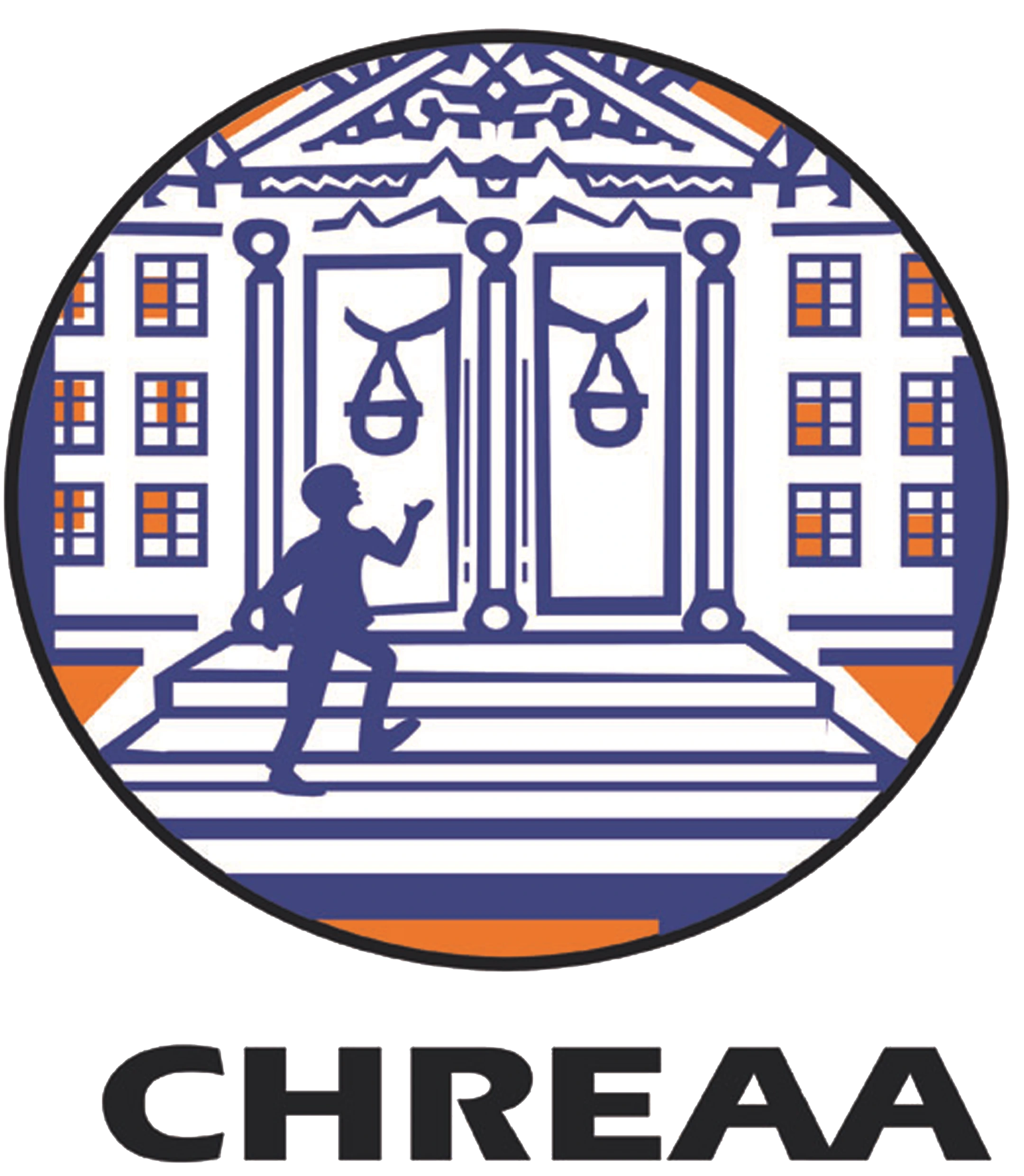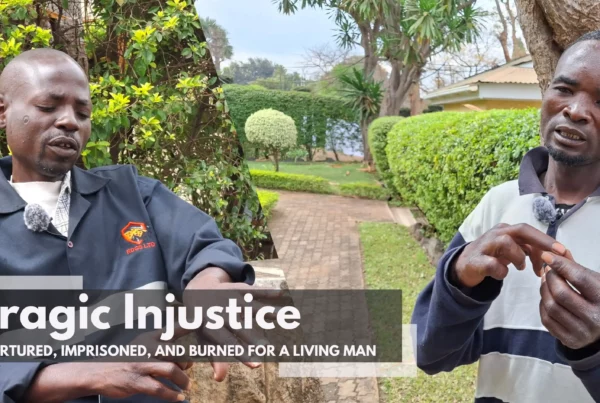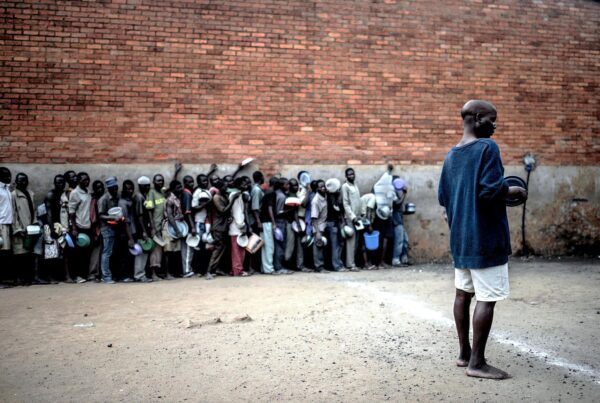
Blantyre — On Tuesday 10 January 2017, in the case of Gwanda v State, a three-member bench of the Malawi High Court declared section 184(1)(c) of the Penal Code unconstitutional and invalid.
Section 184(1)(c) of the Penal Code provides that “every person found in or upon or near any premises or in any road or highway or any place adjacent thereto or in any public place at such time and under such circumstances as to lead to the conclusion that such person is there for an illegal or disorderly purpose, is deemed a rogue and vagabond.” The offence of being a rogue and vagabond dates back to the English Vagrancy Act of 1824 and exists in similar wording in the Penal Codes of many former British colonies, including Mauritius, Nigeria, Gambia, Zambia, Uganda, Botswana, Seychelles and Tanzania.
The applicant in the case was a street vendor by trade who was arrested on his way to sell plastic bags. The Court held that section 184(1)(c) of the Penal Code and its application violated the applicant’s constitutional right to dignity because it gave too much discretion to law enforcers and because the right to be presumed innocent was negated. The Court further held that the applicant’s right to freedom from inhuman and degrading treatment and punishment was violated in that he was arrested on unsubstantiated grounds and kept in custody for three days, an experience which was demeaning, traumatising and humiliating. The Court held that the application of section 184(1)(c) produces disproportionate results in many cases with respect to marginalised groups.
“It is a significant step to have a court in the region declare these outdated provisions unconstitutional. The Court was emphatic that the rights to dignity and freedom from cruel, inhuman and degrading punishment are violated when individuals are arbitrarily arrested and detained in the absence of any offence having been committed” says Anneke Meerkotter from the Southern Africa Litigation Centre, which supported the case. “Petty offences such as being a rogue and vagabond are frequently applied in violation of criminal procedure rules and constitutional rights. This judgment will set the tone for further advocacy and litigation against laws which criminalise the poor.”
“It is hoped that the Court’s ruling will encourage the police to follow due process and will reduce the impact these offences have on overcrowding in places of detention” said Victor Mhango from CHREAA. “The judgment provides an opportunity for the police to properly evaluate their crime prevention measures to ensure that they serve their purpose and do not violate human rights.”
The litigation was preceded by research on the arbitrary enforcement of the offence and ongoing advocacy in favour of its repeal. Civil society organisations in Malawi and regionally are increasingly advocating for the decriminalisation and declassification of petty offences which have a disproportionate negative impact on poor and marginalised groups in society.
Issued by: The Southern Africa Litigation Centre (SALC) and the Centre for Human Rights Education, Advice and Assistance (CHREAA).




